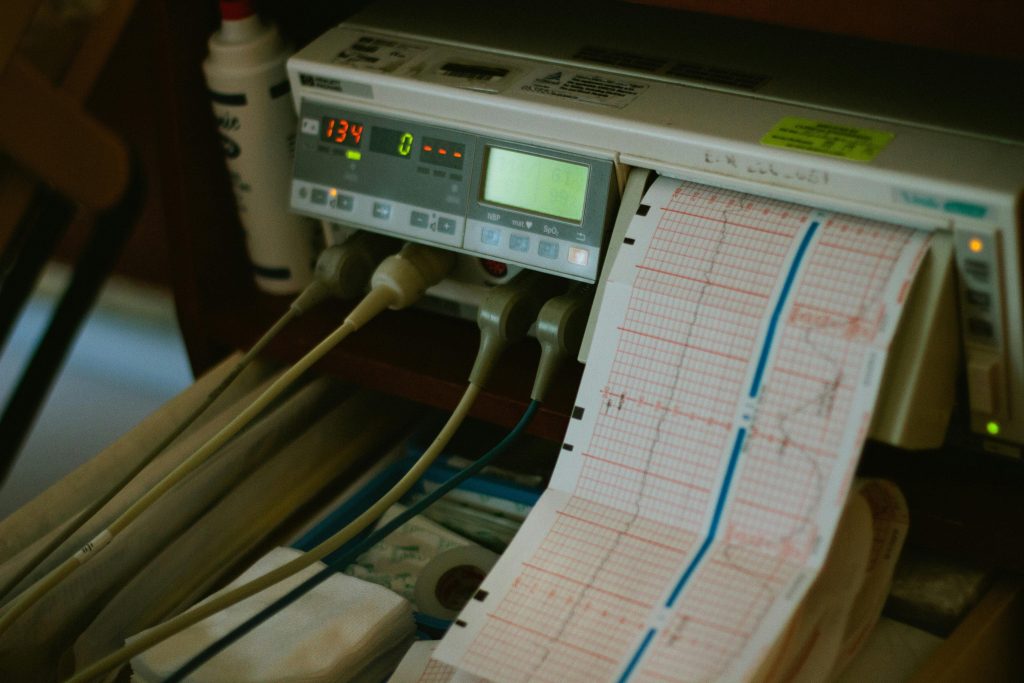 In a recent decision, the Louisiana Court of Appeal reversed a trial court judgment that had held Woman’s Hospital liable for a slip-and-fall accident. The case underscores the importance of understanding the “reasonable care” standard that applies to hospitals in such situations and how it can impact the outcome of personal injury claims.
In a recent decision, the Louisiana Court of Appeal reversed a trial court judgment that had held Woman’s Hospital liable for a slip-and-fall accident. The case underscores the importance of understanding the “reasonable care” standard that applies to hospitals in such situations and how it can impact the outcome of personal injury claims.
Courtney Queen slipped and fell on a wet floor near the elevators at Woman’s Hospital. She sued the hospital, alleging negligence. The trial court initially favored Ms. Queen, awarding her damages for her injuries. However, the Court of Appeal overturned this decision.
The Legal Standard:
In slip-and-fall cases, hospitals owe a duty of reasonable care to their visitors. This means they must take steps to prevent accidents, but they are not expected to be insurers of absolute safety. The key is whether the hospital took “reasonable measures” to address potential hazards.
The Court of Appeal focused on the actions of the hospital’s employee, Mr. Smith, who was mopping the floor at the time of the incident. He had placed two “wet floor” signs in the area. The court determined these measures were reasonable, even though Ms. Queen still slipped and fell.
The court noted the following factors in its decision:
- Visibility of Signs: Ms. Queen admitted to seeing Mr. Smith and the wet floor signs. The surveillance video confirmed that she had walked past one of the signs.
- Size of the Area: The elevator landing was relatively small, making the signs more noticeable.
- Timing: Mr. Smith mopped during a less busy time, reducing the risk of accidents
- Additional Precautions: Mr. Smith used a mop bucket with a wringer, indicating an effort to minimize excess water on the floor.
- No Evidence of Negligence: There was no indication that Mr. Smith failed to follow hospital policies or procedures.
The Court of Appeal concluded that while the hospital could have taken additional precautions, it was not required to do so. The measures taken were deemed reasonable under the circumstances.
Implications for Future Cases:
This ruling reinforces the importance of evaluating slip-and-fall cases in the context of a hospital’s duty of “reasonable care.” It’s not enough to show that an accident happened; the injured party must prove the hospital failed to take reasonable steps to prevent it.
Key Takeaways:
- Hospitals are not liable for every accident: The mere occurrence of a slip and fall doesn’t automatically mean the hospital is at fault.
- Reasonable care is the standard: Hospitals must take reasonable steps to address hazards, but they are not required to guarantee absolute safety.
- Warning signs and other precautions matter: The presence of visible warning signs and other safety measures can significantly impact a case’s outcome.
- Each case is fact-specific: The court will consider the specific circumstances of each incident, including the size of the area, the time of day, and the actions of the hospital staff.
Additional Sources: COURTNEY QUEEN VERSUS WOMAN’ S HOSPITAL FOUNDATION
Written by Berniard Law Firm
Other Berniard Law Firm Articles on Slip and Fall Issues: Understanding Open and Obvious Defects: Implications for Personal Injury Claims and Can a Homeowner Bring a Lawsuit Against a Contractor for Injuries?
 Louisiana Personal Injury Lawyer Blog
Louisiana Personal Injury Lawyer Blog

